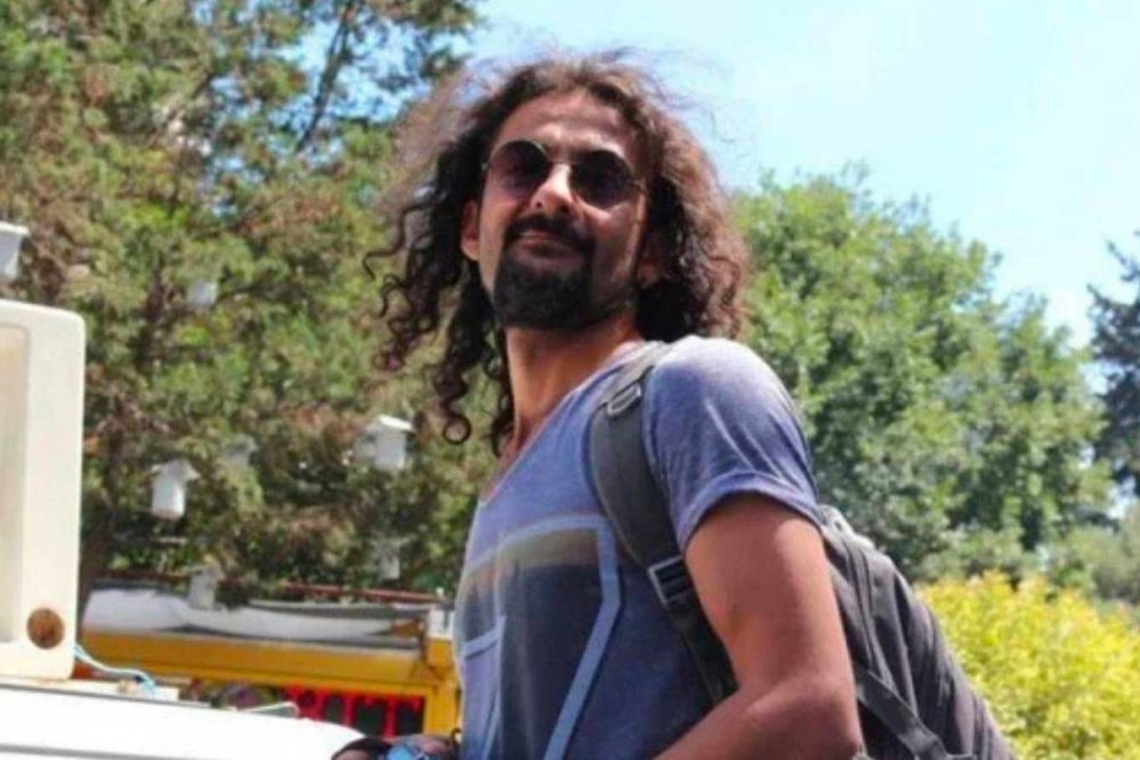Unresolved questions are mounting in the investigation into the death of Turkish journalist and climate documentary filmmaker Hakan Tosun, who died after a violent assault in the Esenyurt district of Istanbul. Missing security footage, delayed arrests, and allegations of threats are among the concerns raised by his family and legal team.
ELİF AKGÜL
Tosun, who focused on environmental reporting, was attacked on Oct. 10 while walking to visit his family in Esenyurt, a working-class district on Istanbul’s European side. He was missing for more than 27 hours before he was found receiving treatment at Çam Sakura State Hospital. He died in intensive care on Oct. 13.
Two suspects, aged 18 and 24, have been arrested in connection with the attack. Another individual, a shop owner, was detained after reportedly handing over surveillance footage to the father of one of the suspects. According to a news report by Canan Coşkun, attorney Onur Cingil stated that after it became public that Tosun had been hospitalized, his brother received a call from an unknown number. The caller said Tosun had been assaulted by people who got out of a car.
Allegations that some surveillance footage was leaked to journalists before being provided to lawyers, and that some videos are missing entirely, have deepened suspicions around the case. Journalists covering the story have also reportedly received threats.
Speaking to the Media and Law Studies Association (MLSA), Tosun’s family lawyers Hakan Bozyurt and Onur Cingil highlighted unanswered questions and procedural shortcomings in the ongoing investigation.
Surveillance footage not collected from key locations
On the night of the attack, Tosun was reportedly assaulted by three individuals while walking to his family’s home. The only existing footage, taken from a distant camera and cropped, shows a motorcycle idling near the attack site, a person approaching the sidewalk, a vehicle briefly stopping, and then both the motorcycle and car leaving in different directions.
Bozyurt said that although the footage was finally shared with them, it was “too distant and unclear.” He added, “No footage has been collected from cameras that directly captured the incident.”
Cingil noted that the area includes nearly 20 shops, yet only two video segments—one from a side street and another near the crime scene—have been reviewed. “The suspects mention an argument in front of a market, but no video from that location has been collected. No eyewitnesses have been found or interviewed,” he said.
He also pointed out that “a third person was present at the scene but has been excluded from the investigation,” suggesting that the incident might have been treated as an isolated altercation rather than part of an organized crime.
No detention order for the person who took the footage
According to Bozyurt, as first reported by journalist Umut Taştan, the father of one of the arrested suspects approached a shop owner whose cameras captured the crime scene and requested the footage. The father allegedly claimed his son had slapped someone he had a dispute with and asked for the footage to help prove his innocence. The person who took the footage reportedly told the shop owner, “If the police ask about it, send them to me.”
Bozyurt said the detained shop owner’s family told him that the person who collected the footage had threatened them, saying, “You don’t know our influence.” However, there has been no public record of a detention order for the man who retrieved the footage. “Who are these people?” Bozyurt asked.
Brain function severely damaged during fall
Bozyurt stated that Tosun sustained a severe head injury during the assault, causing him to collapse. Emergency services reportedly arrived about 10 minutes after the attackers fled. “At the moment he fell, Hakan’s brain function was significantly impaired. He was taken to the hospital in an intubated state,” Bozyurt said.
Suspects summoned by phone after delay
Bozyurt also highlighted that the suspects were detained one day after the attack, and that, according to a police report, officers at the neighborhood precinct summoned them by phone rather than conducting immediate arrests. “Given that the suspects were informed of the situation this way, there’s a risk that evidence could have been tampered with,” he warned.
“There is a chain of negligence here,” Bozyurt added, noting allegations of close ties between the suspects and local police.
The attorneys emphasized that the investigation is ongoing and said they plan to file formal requests regarding the unresolved aspects of the case.



